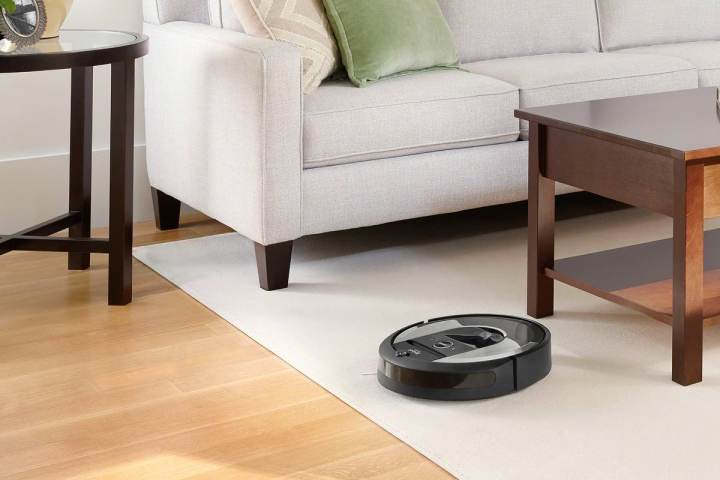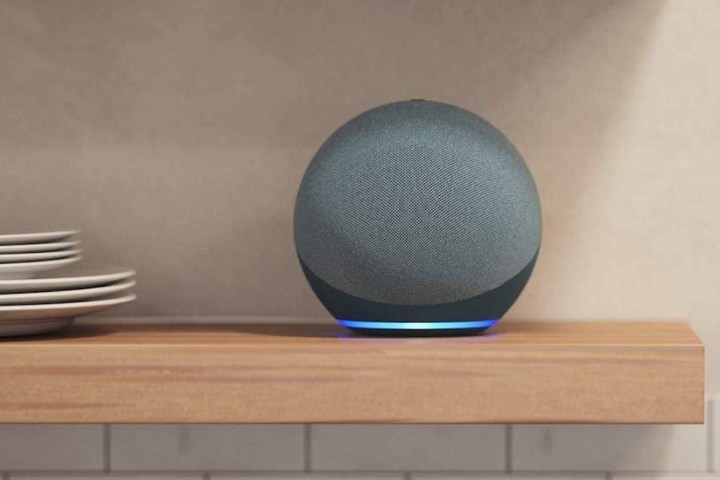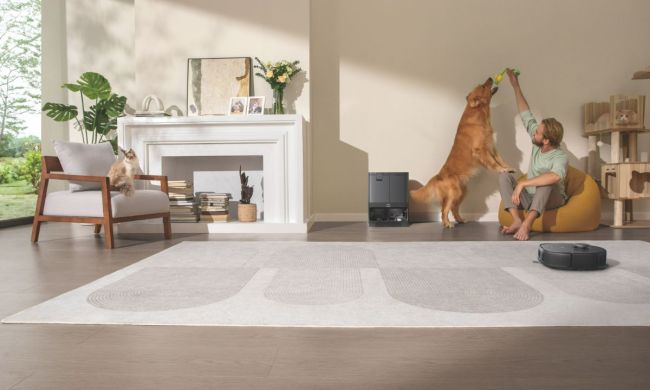You’ve probably seen the news by now that Amazon has signed an agreement to buy iRobot for $1.7 billion. There have been a lot of mixed reactions to the news, but it’s important to understand exactly what the agreement means.
First of all, the deal isn’t complete. As of now, iRobot is still an independent company — only the groundwork has been laid. While it’s highly unlikely that it will fall through, nothing is set in stone yet. According to Amazon’s own press release, “Completion of the transaction is subject to customary closing conditions, including approval by iRobot’s shareholders.”

To be honest, it’s been a long time coming. iRobot’s chief executive was quoted in a New York Times article in 2017 that Amazon might buy the company, so this didn’t quite come out of nowhere. Despite many people viewing Amazon as a conquering retail force, the company brings a lot to the table for its subsidiaries and could make owning our favorite robot vacuum even more appealing. Here’s how.
iRobot will have way more funding
Amazon is all-in on automation. Just look at Amazon Astro. Or the Ring Always Home Cam. Amazon has fully embraced the idea of an at-home cleaning robot, and what better way to push that idea forward than purchasing a company that literally has “robot” in the name?
The Amazon-iRobot acquisition puts you one step closer to your own Rosie the Robot.
If you’ve ever dreamed of having Rosie the Robot in your home, this acquisition puts you one step closer. Though the Roomba may be at the top of the market, it’s only because iRobot has spent a tremendous amount on research — roughly $161 million in 2021 alone. Now that number could potentially increase, thanks to Amazon’s near-limitless coffers, which it used to spend $62.6 billion on R&D in the last year. What could iRobot’s brilliant engineers do with even a fraction of that cash?
Amazon has a great track record of improving companies, not destroying them
When a company is acquired by another, you expect it to lose at least part of its spirit, but that hasn’t been the case with the majority of Amazon acquisitions. A lot of Amazon-owed brands you know started out independent, including Eero, Ring, and even Whole Foods. As our own Phil Nickinson put it, “Ring isn’t destroyed. Eero isn’t destroyed. Whole Foods still has whole foods.”
iRobot will continue to make the products we love, but they’ll have a much broader financial safety net to fall back on. And that means more experimentation and more innovative products.
Expect better Prime Day deals
Sure, everything is on sale during Prime Day — but Amazon products are always front and center. That’s why you’re almost always going to see better deals on a Blink or Ring camera than you will an Arlo camera. After covering Prime Day for several years, I can tell you that robot vacuum deals are usually pretty weak. Not anymore.

It’s safe to expect better discounts and bundles on iRobot products than before, especially once the deal goes through. Considering some of iRobot’s higher-tier products can be $1,000 or more, greater discounts are more than welcome.
Easier setup of products
Have you ever bought an Echo device from Amazon? There’s a nifty little feature on the buy page that lets you choose to have it pre-configured to your Amazon account. That gets rid of any complicated sign-in or setup process and helps you hit the ground running. Now imagine the same for your robot vacuum or mop.
A lot of people are intimidated by the prospect of setting up smart devices, but if Amazon can finish most of the setup process ahead of time (minus the physical installation, obviously), it makes smart home products all the more appealing to customers.
On-board Alexa, maybe?
One certainty of the iRobot acquisition is better Alexa integration across all of iRobot’s devices. You can expect more robust interaction between Amazon devices and iRobot devices and likely better voice control too. But what if new models of robot vacuums come with Alexa built-in?
It’s not unheard of. Smart thermostats, some watches, and even certain smart TVs come with Alexa built-in. There’s no reason a robot vacuum couldn’t act as a smart hub in your home, especially one with the self-emptying Clean Base.

Although the smart home industry as we know it has been around for more than a decade now, it’s still new and very much in the growing phase. As Amazon strives to expand its portfolio even further, it widens the divide between platforms. That said, Ring still works with Google Assistant; there’s no reason to think this acquisition means Amazon will pull broader platform support from iRobot devices.
When iRobot comes under the Amazon umbrella, it will mean great functionality, better funding, and more innovation. Don’t listen to the naysaying op-ed pieces exploding across the web — this acquisition is a good thing.



